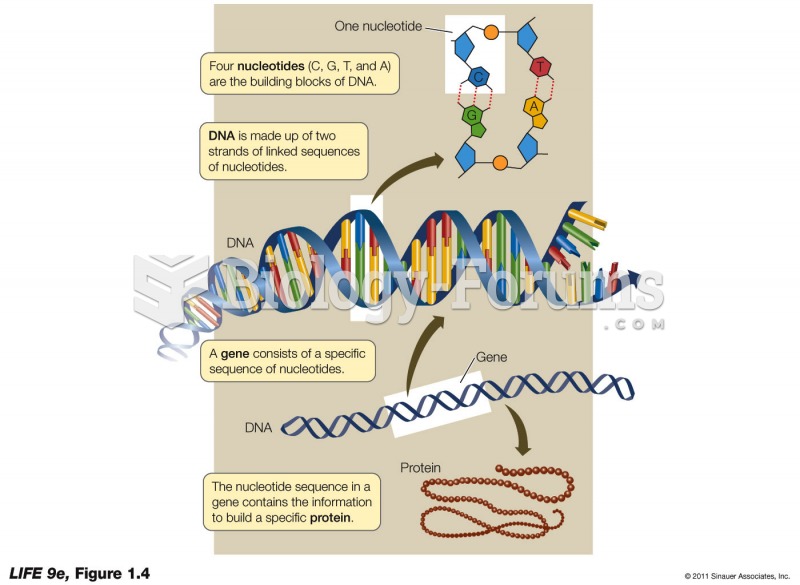How much can environment alter intelligence? In one study, striking increases in IQ occurred in 25 children who were moved from an orphanage to more stimulating environments. The children, who were all considered mentally retarded and unadoptable, were moved to an institution where they received personal attention from adults. Later, these supposedly retarded children were adopted by parents who gave them love, a family, and a stimulating home environment. The children gained an average of 29 IQ points. For one child, the increase was an amazing 58 points. A second group of initially less retarded children, who stayed in the orphanage, lost an average of 26 IQ points. Other encouraging results can be found in early childhood education programs, which provide stimulating intellectual experiences for disadvantaged children. In one study, children from low-income families were given enriched environments from early infancy through preschool. By age 2 their IQ scores were already higher than those in a control group. More important, they were still 5 points higher 7 years later. High-quality enrichment programs such as Head Start can prevent children from falling behind in school. A particularly striking environmental effect is the fact that 14 nations have shown average IQ gains of from 5 to 25 points during the last 30 years. These IQ boosts, averaging 15 points, occurred in far too short a time for genetics to explain them. It is more likely that the gains reflect environmental forces, such as improved education, nutrition, and living in a technologically complex society. The author's argument that, High-quality enrichment programs such as Head Start can prevent children from falling behind in school. is
a. inadequately supported because it depends on personal opinion.
b. adequately supported by relevant details.
Question 2
How much can environment alter intelligence? In one study, striking increases in IQ occurred in 25 children who were moved from an orphanage to more stimulating environments. The children, who were all considered mentally retarded and unadoptable, were moved to an institution where they received personal attention from adults. Later, these supposedly retarded children were adopted by parents who gave them love, a family, and a stimulating home environment. The children gained an average of 29 IQ points. For one child, the increase was an amazing 58 points. A second group of initially less retarded children, who stayed in the orphanage, lost an average of 26 IQ points. Other encouraging results can be found in early childhood education programs, which provide stimulating intellectual experiences for disadvantaged children. In one study, children from low-income families were given enriched environments from early infancy through preschool. By age 2 their IQ scores were already higher than those in a control group. More important, they were still 5 points higher 7 years later. High-quality enrichment programs such as Head Start can prevent children from falling behind in school. A particularly striking environmental effect is the fact that 14 nations have shown average IQ gains of from 5 to 25 points during the last 30 years. These IQ boosts, averaging 15 points, occurred in far too short a time for genetics to explain them. It is more likely that the gains reflect environmental forces, such as improved education, nutrition, and living in a technologically complex society. A conclusion that could be drawn from this passage is that
a. attention from parents has little effect on a child's IQ.
b. Head Start programs are a waste of money.
c. increases in IQ have happened in the U.S. more rapidly than elsewhere.
d. genetics are less important than environment in deciding one's IQ.








